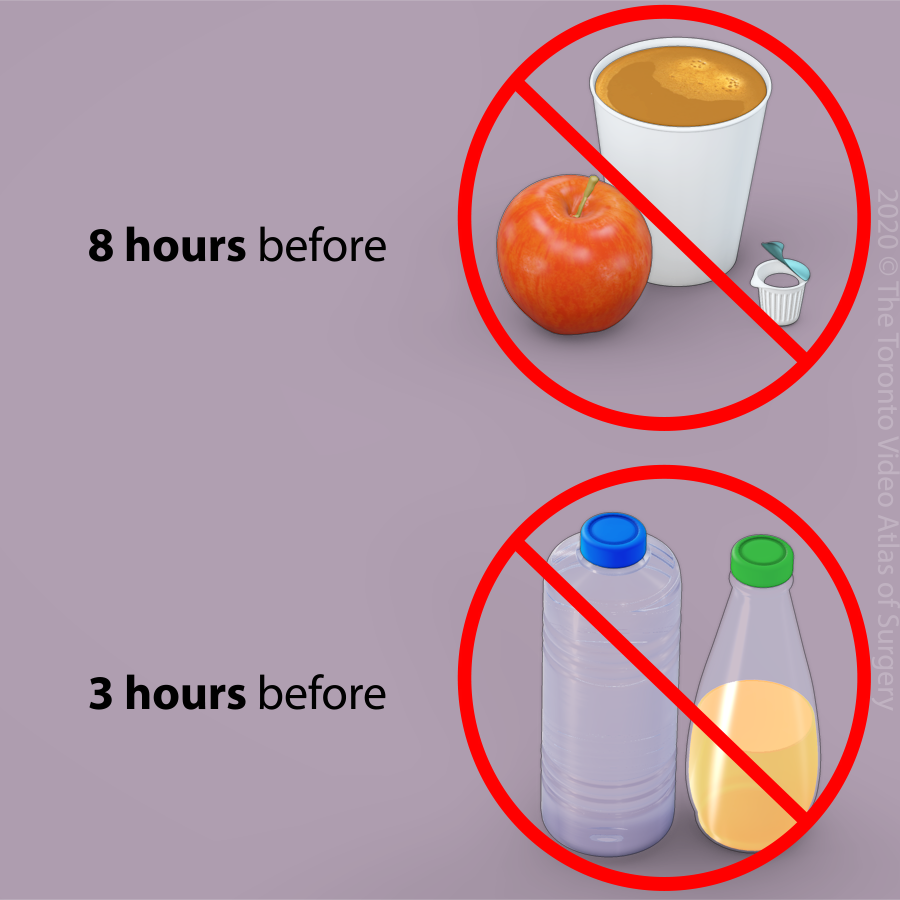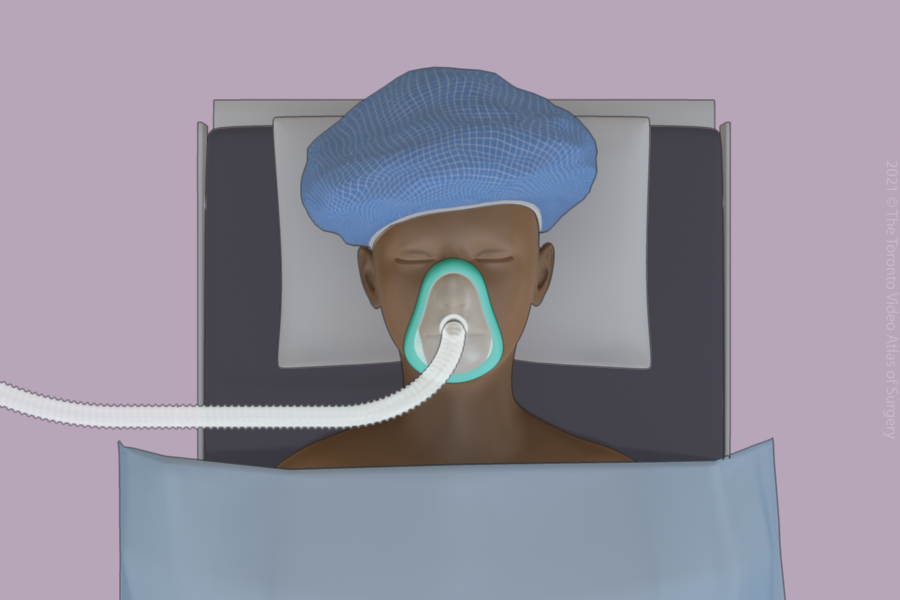What to expect
Before your robotic hysterectomy
Before your robotic hysterectomy
- Preoperative medications
- Preoperative appointment
- Before you come in
- Your team
- Surgical checklist
- Anesthesia

Taking medications

If you are having surgery for endometrial cancer/pre-cancer, your doctor may recommend that you take progesterone (pill or intrauterine device) to reduce the chance that your cancer/pre-cancer progresses. You should continue to take these medications as prescribed until your surgery.

If medication side effects are bothersome or you feel unwell, please notify your surgeon’s office.


You will likely be assessed in the pre-operative clinic prior to your surgery. At this appointment, you will meet with the anesthesia team to review your health history, medications and the risks of anesthesia.

Bring an up to date list of your medications with you as some may need to be stopped before your surgery. You will be asked to do bloodwork at this appointment.


Diet
STOP eating solids and non-clear fluids 6-8 hours before.
(eg. milk, juice with pulp, coffee with milk)
STOP drinking clear fluids 2-3 hours before.
(eg. water, juice without pulp, black coffee, clear tea).
Your team may recommend an energy drink a few hours before your surgery.
Any required medications can be taken with SIPS of water on the morning of your surgery.

Hair removal is not required
If that is your preference you can trim, wax or shave several days before. Please do not shave your skin immediately before the procedure.

Nail polish is permitted

Shower
Shower within 24 hours of your surgery. A special body wash may be recommended to reduce the risk of infection.

Arrival
Usually 2 hours before your surgery time.

Clothing
You will be asked to change into a hospital gown once you arrive.

Nursing care
An intravenous (IV) line will be placed in your hand to give you fluids and medications during your procedure.

In preparation for your surgery, you will be brought to the operating room where you will meet several members of the medical team involved in your surgery, including:

The anesthesiologist
Who will be putting you to sleep.

The surgeon
Who will be performing your robotic hysterectomy.

The surgical assistants
There will be at least one surgical assistant who is a resident, fellow, or another staff doctor.

The nursing team
Who will assist with the surgery.
Some hospitals also have students in any of these roles who may be assisting or observing the procedure.
The size of your team does not necessarily reflect the complexity of your case. Rather, there are many hands to take good care of you!


A surgical safety checklist will be performed prior to starting your surgery. The surgical safety checklist is important to make sure that everyone in the room (including you!) agrees with the surgical plan.

It is also an opportunity for you to ask any last minute questions. You will be asked to confirm your name and birthdate. Then the surgeon will review the procedure out loud.

The anesthesiologist and the nursing team will review your history and ensure that all the required equipment is in the room.

Eyeglasses and hearing aids can be kept on until right before you go to sleep.

General anesthesia

For robotic hysterectomy you must be asleep for the procedure (general anesthesia) to allow the surgeon to see and operate safely.